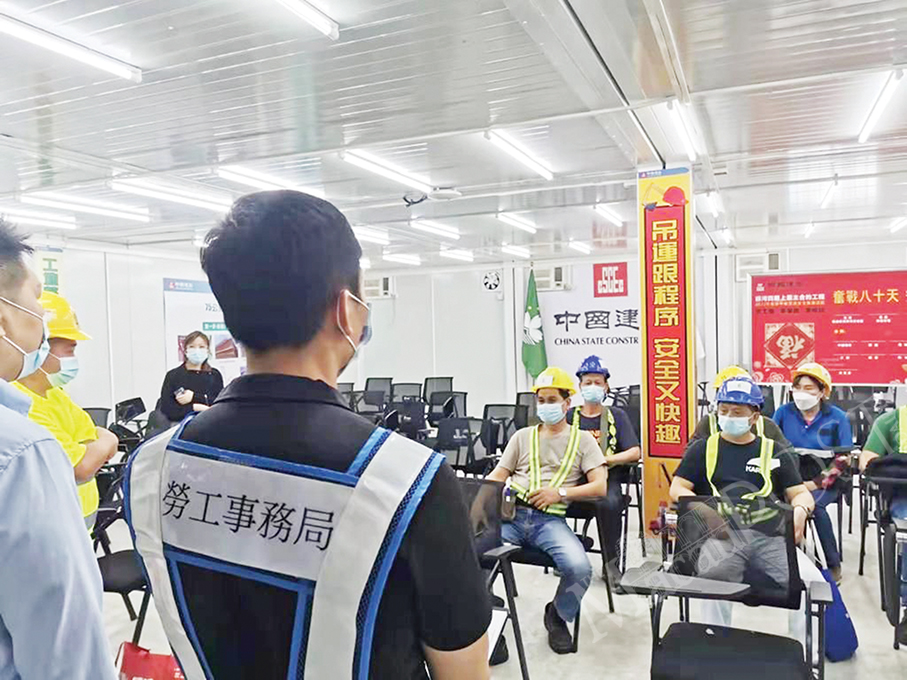The Commission Against Corruption’s (CCAC) 2018 Annual Report published yesterday revealed a string of criminal cases allegedly committed by civil servants, including two cases involving senior officials who allegedly abused their power for personal gain.
According to the report, the anti-graft body concluded the two cases in December last year – one allegedly committed by a senior official of the Environmental Protection Bureau (DSPA) and the other by a senior official of the Representative Office of the Macau Special Administrative Region (MSAR) in Beijing.
In the first case, the CCAC received a complaint last year that a former official of the Environmental Protection Bureau had a “close” relationship with a female colleague and that he had often arranged for the woman to travel with him on his working visits to places outside Macau. Graft busters discovered that the official had been having an affair with his female colleague for a long time, according to the report.
CCAC officials, according to the report, discovered that the official had deliberately arranged for the female colleague to accompany him on his working visits on multiple occasions. During a working visit to Portugal in 2013, not only was the trip unrelated to the woman’s scope of work, the official also deliberately extended the duration of the trip even though officially there was no need for it. All the related expenses on food and accommodation in Portugal and travel allowances were paid by the Macau government, the report says.
In the second case, the anti-graft body received a complaint last year that a senior official of the MSAR office in Beijing had violated living allowance regulations, according to the report, which points out that civil servants working in representative offices outside Macau are entitled to receive the full amount of their expatriate allowance if they choose to rent a flat on their own at that place, while civil servants are only entitled to receive half of their expatriate allowance if they choose to live in accommodation assigned by the government.
CCAC investigators discovered that the official had continuously received the full amount of the expatriate allowance for many years even though he or she (the report does not reveal the official’s gender) had been living on the premises of the representative office for a long time, according to the report, which pointed out that the official used two rooms in the representative office as living quarters.
In addition, the official had installed a number of amenities such as a shower, water heater, washing machine and a dryer in the representative office for personal use, the report says.
Graft busters also discovered that the official had ordered the representative office’s drivers to take his or her relatives and friends to sightseeing spots in Beijing. The official had also told the drivers to pay for the meals of his or her relatives and friends first and subsequently approved the expenses claims as if they were related to his or her work, according to the report.
The 2018 annual report says that the CCAC concluded that the two senior officials abused their power for personal gain. Consequently, the CCAC transferred the two cases to the Public Prosecution Office (MP) for possible arraignments on abuse of power charges.

This undated handout photo released by the anti-graft body yesterday shows Commissioner Against Corruption (CCAC) André Cheong Weng Chon (left) handing his 2018 Annual Report to Chief Executive Fernando Chui Sai On. The anti-graft body did not reveal the venue where Cheong submitted the report to Chui.
PLEASE READ THE FULL ARTICLE IN OUR PRINT EDITION.









